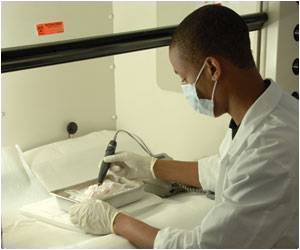
‘As long as there are innovations in genome-sequencing technologies, strategies will also continue to advance. One can readily expect a continuous lowering in the cost of human genome sequencing for the diagnostic and disease management purposes.’
Tweet it Now
Genomic research projects may then translate into genomics-based diagnosis and disease management. With a constant increase in human genetics studies, growing number of clinical applications for genome sequencing and cost of genome sequencing is an important issue. “Since innovation in genome-sequencing technologies and strategies will continue to advance, one can readily expect a continuous lowering in the cost for human genome sequencing. The key factors to consider when assessing the 'value' associated with an estimated cost for generating a human genome sequence - in particular, the amount of the genome (whole versus exome), quality, and associated data analysis (if any) - will be expected to remain the same.
With software and flow cell advances on existing population scale DNA-sequencing platforms anticipated in the coming years, the nature of the generated sequence data and the associated costs will likely continue to be dynamic. As such, continued attention will need to be paid to the way in which the costs associated with genome sequencing are calculated not just from a sequencing perspective but more holistically from collection to interpretation.” said Praveen Gupta, Managing Director, Premas Life Sciences.
There can come a time where most patients entering the health-care system will have their genome sequenced before clinical assessment.
“For that reason, the composition of genetic testing will be vitally transformed to focus on an analysis of genomic data in the context of an individual, their immediate and long-term needs, their personal choices and their environment.
Advertisement
Source-Medindia












